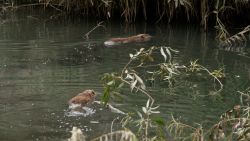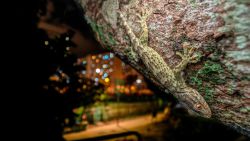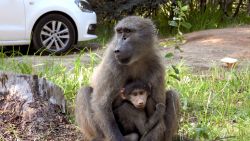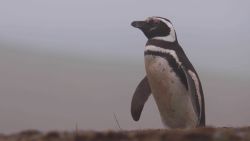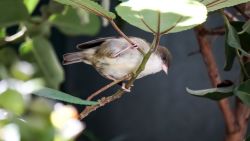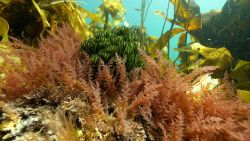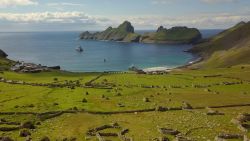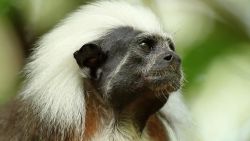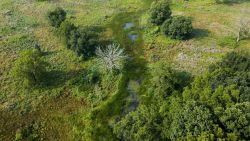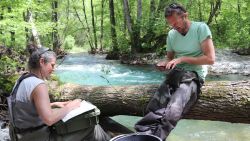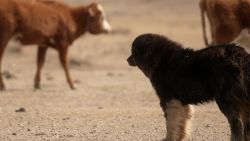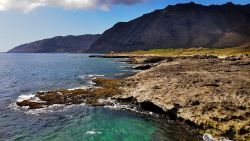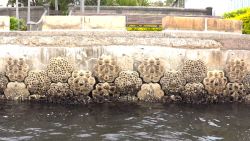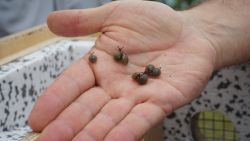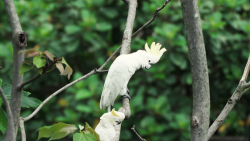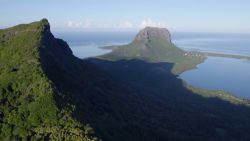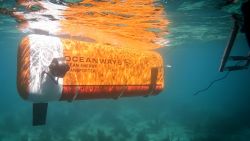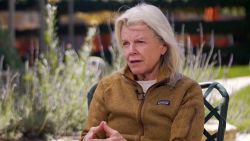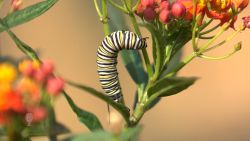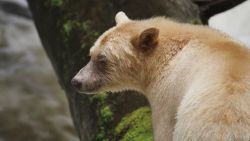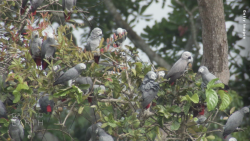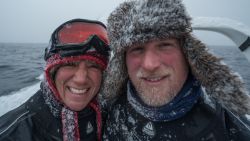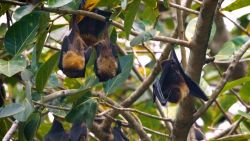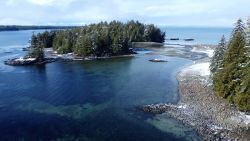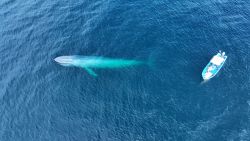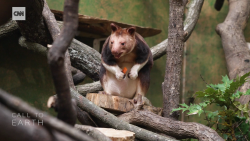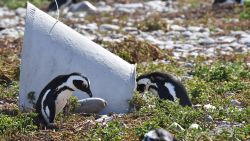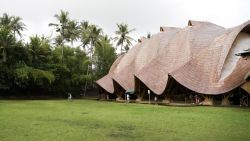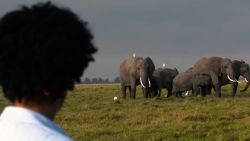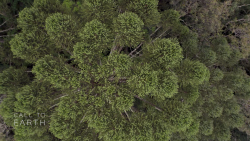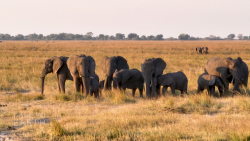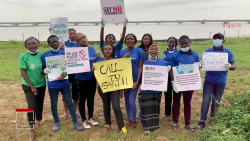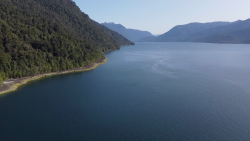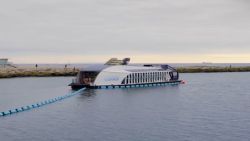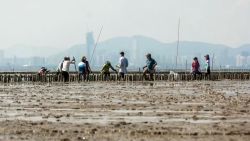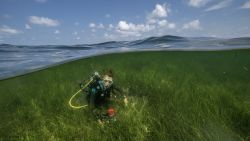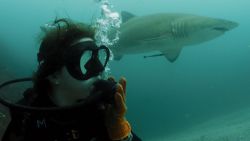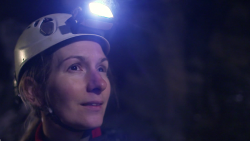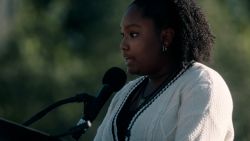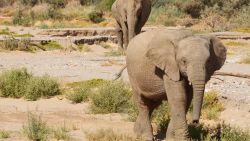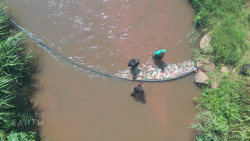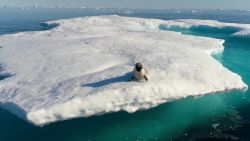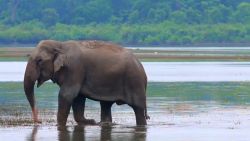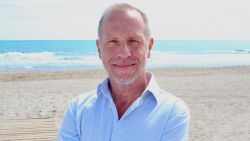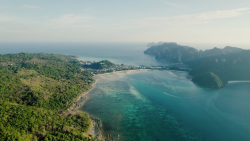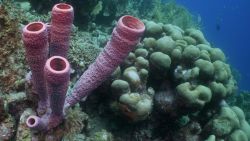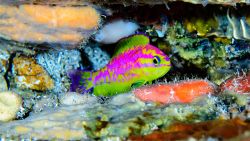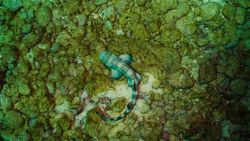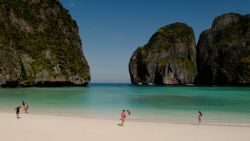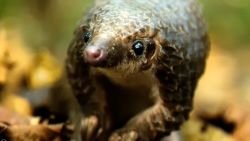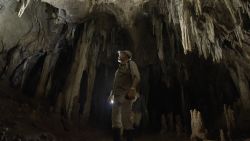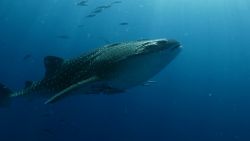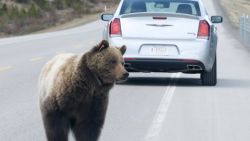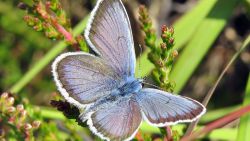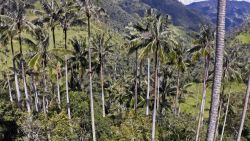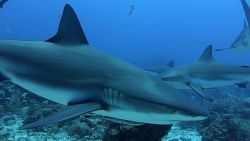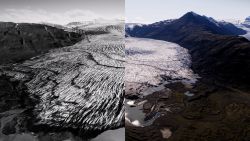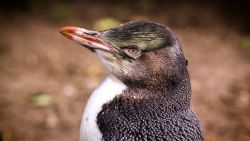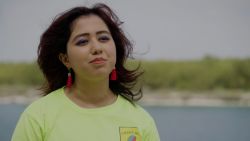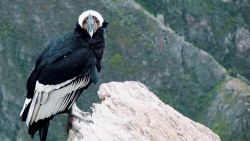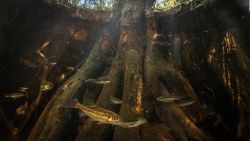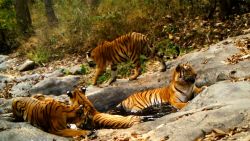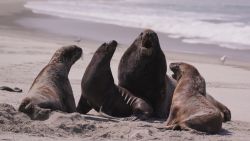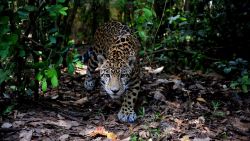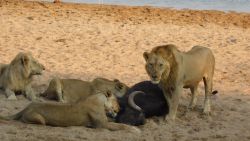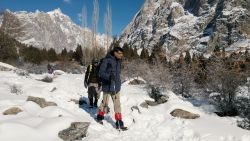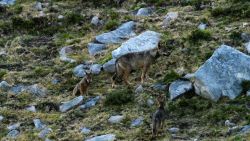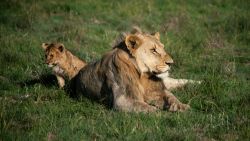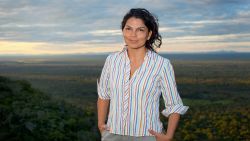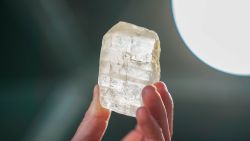Editor’s Note: Call to Earth is a CNN initiative in partnership with Rolex. Maritza Morales Casanova is a Rolex Awards Laureate.
As young children, most of us don’t know what we want to be when we grow up.
Not Maritza Morales Casanova.
Morales Casanova grew up in Mexico’s Yucatán Peninsula. An area of rich and vibrant biodiversity, it’s home to more than 7,300 animal species and over 2,300 plant varieties, some of which are found only here and nowhere else. However, the Yucatán ecosystem is threatened by land clearance for farming.
Having witnessed the loss and degradation of natural areas, Morales Casanova committed her life to protecting her home – and inspiring others on the issue, too. In 1995, at the age of 10, she founded HUNAB, an environmental advocacy group that promotes peer-to-peer learning.
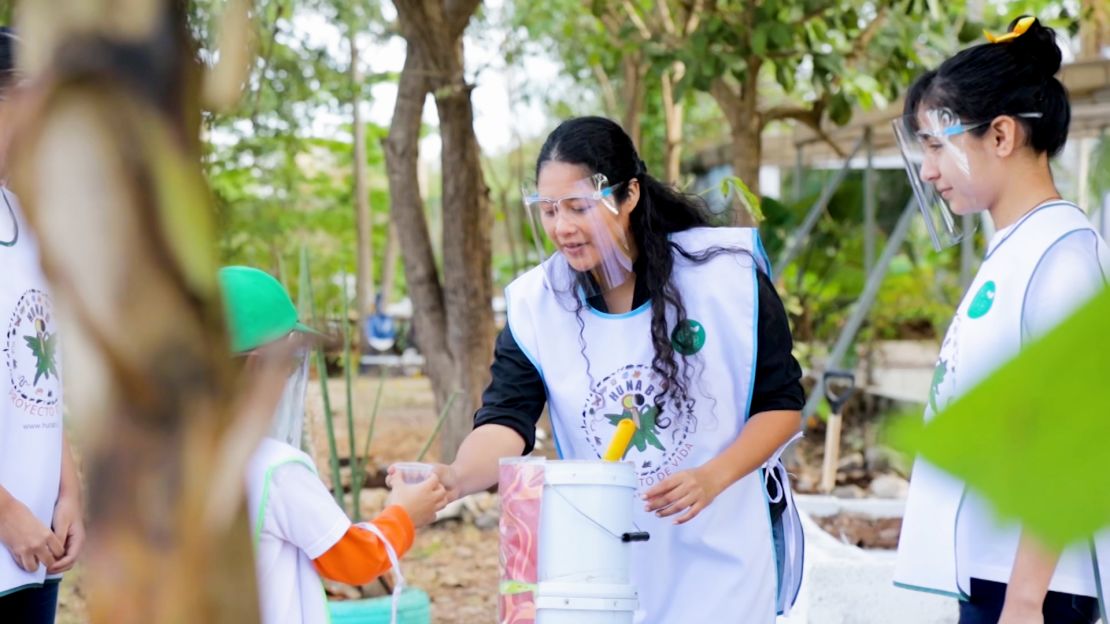
25 years on, HUNAB is going strong and its reach has grown. In 2013, Morales Casanova opened the Ceiba Pentandra education center in the outskirts of Merida, the capital of Yucatán. It provides space and resources for children to learn about the environment, and share their knowledge with classmates.
CNN spoke to Morales Casanova to find out more about her work with aspiring environmentalists, and why children are vital in solving the climate crisis.
This interview has been edited and condensed for clarity.
CNN: What inspired you to start HUNAB?
Maritza Morales Casanova: When I was a child, there were no places where I could learn more about nature and environmental sciences. That’s why I decided to start a project to share this information with my peers. Often, scientific information is not so easy to understand; I translate that information for kids, so that families can have fun at the same time as having a beautiful experience learning about and observing nature. I want to inspire them to change their lifestyles and to live in harmony with the environment.
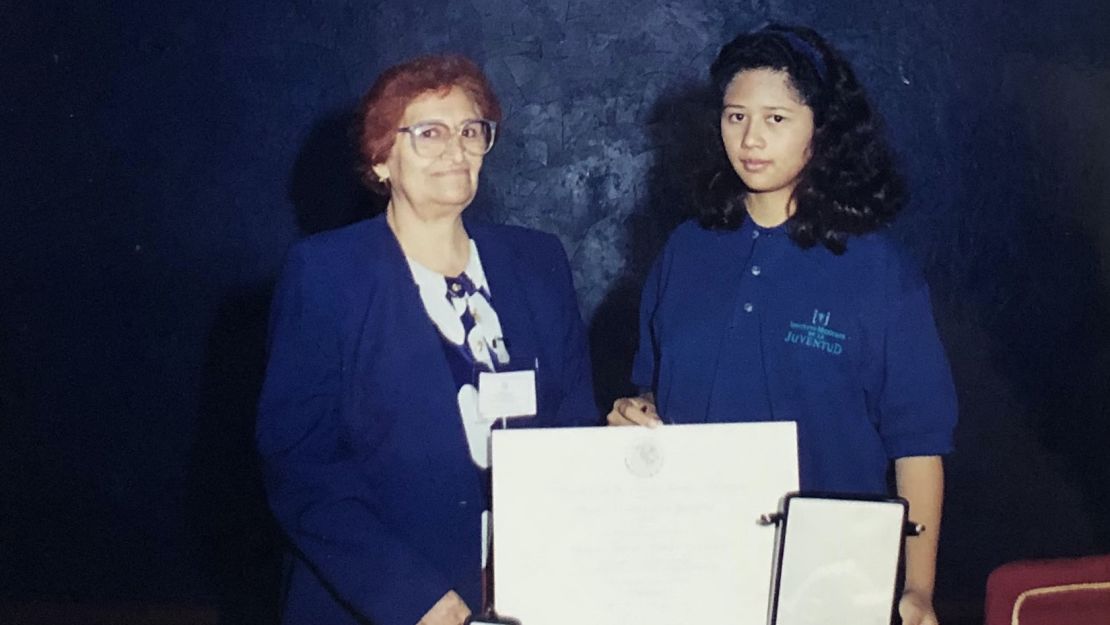
What does your education center, Ceiba Pentandra, offer?
We educate kids who come to HUNAB and they stay for at least three years learning how to be heroes for Grandma Earth. They learn things about the water cycle, the medical properties of plants, how to cultivate food, and how to create compost. They get an accreditation to be environmental instructors. Most of them spend about eight years here and take on their own environmental project to protect nature and the environment. We work with them to achieve a goal in conservation.
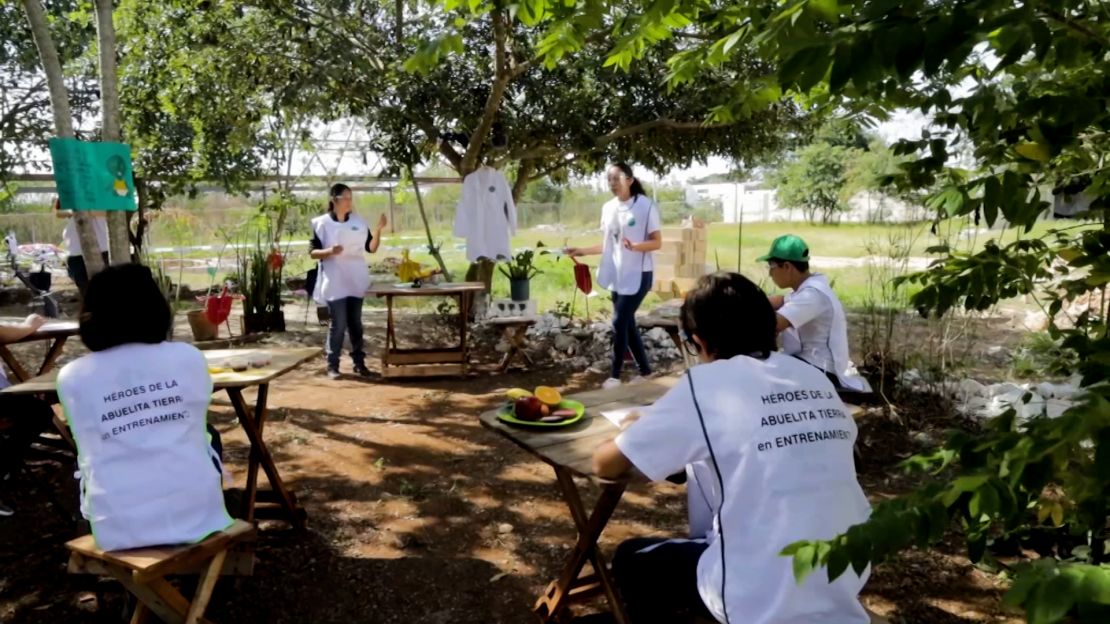
How many kids do you educate?
In 25 years of activity, we have involved more than 50,000 people in Yucatán. Currently, we have more than 10,000 students in 300 communities replicating and learning our activities.
Read: The Guam rail was extinct in the wild for nearly 40 years. Now it’s back.
Why is positive messaging so important?
Information about the environment is very alarming and negative around the world. What we need is inspiration: a positive message to take action. That’s especially important for young kids and new generations. We cannot teach climate change and just scare kids. If our kids grow with a positive message, they will have a strong heart to take action. We are cultivating new environmental leaders from childhood.
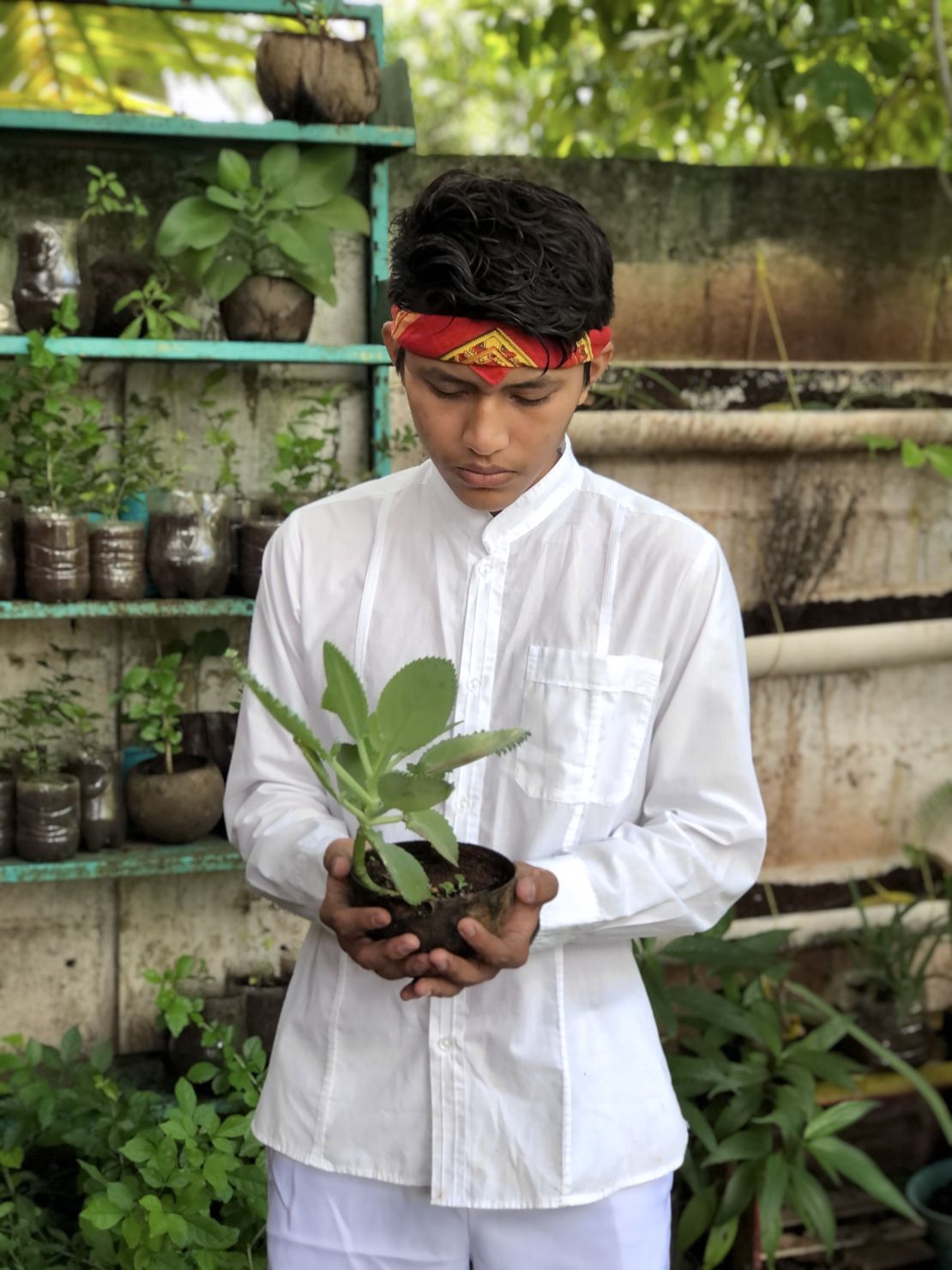
How have you been dealing with the pandemic?
The cost of the pandemic is, in economic terms, high. But we have found creative ways to face it. We’re still working, and have new activities. We are doing courses online, and sending materials to students’ homes, so they can keep working and training as heroes for Grandma Earth. But, it is really challenging; we work with a lot of families that don’t have devices or internet for online learning. We’ve started printing the material to send by mail, or visiting the communities to give to families. It’s not like in developed countries where many have access to a computer and internet.
Why is educating children about the environment so important?
What I have learned is that we cannot know what kids are going to be when they grow up. But I’m sure that if they have the right knowledge, if they have the right values from childhood then in a few years, they could be governors, politicians, entrepreneurs, where they have the power to make decisions that respect all living beings.
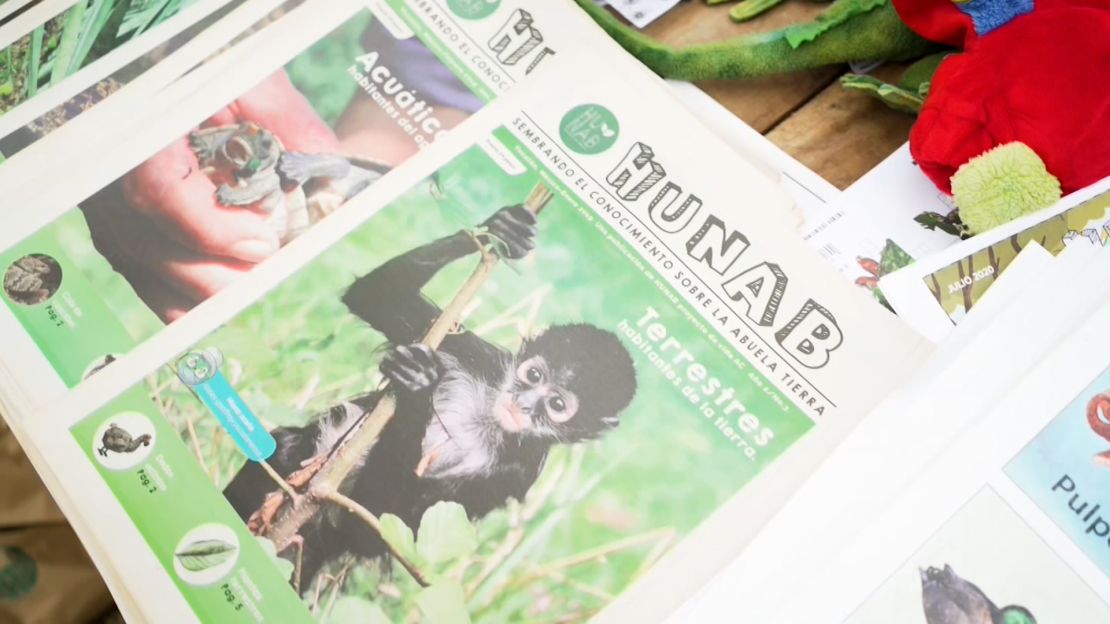
Why do children make the best teachers?
They can share knowledge and feelings with the same language. Sometimes, adults have different worries or concerns, but you can see how honest kids are and also how they can inspire others to take action. I have noticed that adults are sometimes selfish about knowledge: we don’t want to share it, we want to keep it to make money and profits. But when kids gain knowledge, first they try to understand the message for themselves, and then share it in a simple way.
What are your hopes for the future of HUNAB?
We want to cover the whole peninsula of the Yucatán, and we want to increase the number of kids participating – but that also means we need more donors. I also hope to see more parks around the world sharing knowledge. There are two more organisations that are replicating HUNAB. One is in Paraguay, Para La Tierra, and the other is in the north of Mexico. I hope that soon there will be more HUNAB parks around the world, inspiring kids to protect nature and to protect our Grandmother Earth.



